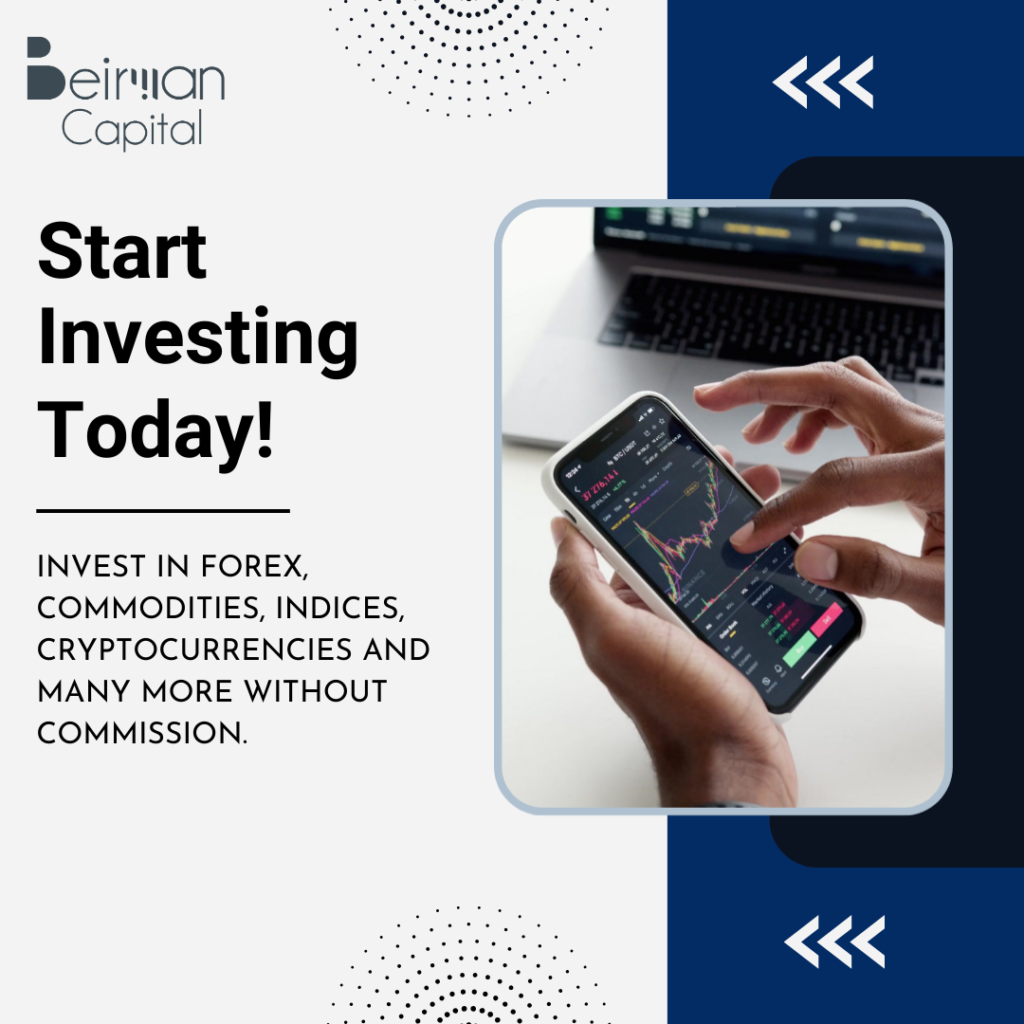What is spread in currency trading
Spread is a crucial component of the forex market. Let us understand what is spread in currency trading with examples and how to calculate its value.
Table of Contents
The Forex market is the biggest financial market with many trading opportunities and instruments to trade in. However, getting well-versed with important terms like spread, pips, lots, etc., is a must before starting trading in currencies. In this article, we will learn what spread is currency trading, the factors that affect its value, and how to calculate it.
What is spread in currency trading?
Spread is the difference between the bid price and the ask price of a forex pair. It can also be regarded as the difference between the exchange rate of the buying and selling price of a broker.
In order to trade in currencies, you need a reliable forex broker platform. You may have heard of a forex broker who claims to provide services for free or without any commission.
That is because they earn from ask and bid prices referred to as FX spreads. Generally, the broker keeps their selling price more than the buying price.
How to calculate spread in forex
Spread calculation is essential for making important trading decisions regarding currency pairs, brokers, strategy, etc.
Therefore, learning the concept of spread in currency trading becomes important for forex traders. Let us have a look at some trading terminologies that are required for its calculation.
Base Currency: The currency you are buying
Quote Currency: The currency you are selling
Ask Price: The price at which you can buy the base currency of a forex pair in exchange for the quote currency.
Bid Price: The price at which you can sell a forex pair. It represents the price at which the broker or market maker is willing to buy the base currency from you in exchange for the quote currency.
Pip: Pip is the measuring unit of spread. Pip or percentage in point is the fourth digit after the decimal in a Non-JPY pair, and the second digit after the decimal in a JPY pair.
Here is a spread trading example for a better and more practical understanding. Suppose a trader is trading in the EURO and USD pair.
Base currency ~ EUR/USD ~ Quote currency
Bid Price ~ 1.1125/1.1130 ~ Ask Price
Spreads = 5 Pips
(1.1130-1.1125)
Now let us have look at an example of a JPY pair:
Base currency ~ USD/JPY ~ Quote currency
Bid Price ~ 125.10/125.17 ~ Ask Price
Spreads = 7 Pips
(125.17-125.10)
That’s how spreads are calculated in forex. It will take a few minutes to determine spreads. You can also use calculators for spread calculation.
Types of Spread in Forex
Fixed Spreads
As the name suggests, these kinds of spreads are fixed regardless of the market conditions. The unexpected market events, turns, and volatility do not affect your spread.
Fixed spreads are easy to calculate and can be an ideal choice for beginners or traders who are resistant to change. Generally, dealing desk broker charges fixed spreads. These broker takes the counter position of traders and acts as market markers.
Variable Spreads
In contrast to fixed spreads, variable spreads keep changing due to market conditions. The spreads may widen or tighten based on news events, announcements, and economic conditions that affect the demand and supply of the currency pair.
Tight Spreads
When there is a minimum difference between the ask and bid price, spreads are tight. The lower the difference, the tighter the spreads.
As we have studied above, traders charge fees through spreads. So, traders prefer currency pairs with tight spreads in the forex market. Generally, low volatility and high liquidity result in low spread, making it suitable for scalpers or day traders.
Wide Spreads
When the difference between ask and bid price is high, spreads are wide. Generally, exotic pairs or currencies of developing and underdeveloped nations offer wide spreads.
Traders avoid trading with wide spreads as these offer unfavorable market conditions and are sensitive to changes. High spreads occur during high volatility and low liquidity.

What causes changes in forex spreads
We have understood what spread is in forex trading. However, that’s not enough; a trader should know how changes occur in spread value and the factors causing these changes.
Important Data and News
A currency value is affected by different economic, geo-political, technological, and other factors. Financial reports, speeches, and news may positively or negatively impact currencies’ value.
Therefore, a trader should continuously watch the economic calendar to track upcoming events that significantly impact the spreads. Generally, spreads of currency pairs are widened during important announcements or economic reports as these events increase the volatility in the market.
Trading platform
Another factor that causes changes in spreads is your broker. Generally, most broker discloses their spreads on the website.
So, a trader should compare the spreads from other brokers before subscribing to it. Many broker hides spread or claims to provide services for free.
However, that’s just a way to lure traders. A reputed broker will provide you with spread and trading fee details.
Time frame
The FX market opens for 24 hours and 5 days, and traders can trade anytime. However, the market offers different trade conditions in each session.
London and New York sessions offer low spreads, especially during overlapping periods. Meanwhile, spreads are wider during Tokyo and Sydney sessions or less active hours.
Liquidity and Volatility
Liquidity refers to how quickly the assets are bought and sold in the financial market. Volatility refers to the degree of change in the price fluctuation of the financial instrument.
These two factors have a significant impact on forex spreads. Low volatility and high liquidity result in low spreads, while high volatility and low liquidity result in wide spreads.
Bottom Line
Spreads are crucial aspects of forex trading. There are many brokers’ platform that charges unexpectedly high spreads. Now, without proper knowledge, how can you differentiate and identify a suitable broker.
In addition to this, the spread can affect the amount of profit and increase the losses. Also, a trader needs to consider spread while selecting the trading strategy, currency pair, time frame, risk-to-reward ratio, and other pivot trade decisions.
Remember, the spread is a way your forex broker is earning from you. So, clearly understanding its concept enables you to trade efficiently and effectively.
FAQ
Why do forex spreads widen at 10 pm?
Spreads are generally widened at 10 pm as the New York session is closed during this time resulting in low liquidity and volume.
Types of spread in Forex?
Fixed Spreads
Variable Spreads
Tight Spreads
Wide Spreads
What is tight spread in Forex?
Tight spreads are when the difference between the ask and bid price is minimal. The lower the difference, the tighter the spreads.
What is a good spread in Forex?
Spreads between zero to five pips are considered good for trading a currency pair.
How to avoid spread in forex?
One can not avoid spreads completely. However, one can open a raw spread account and trade currency pairs with tight spreads to trade with minimum spreads.
Get Complete Forex Trading Assistance



